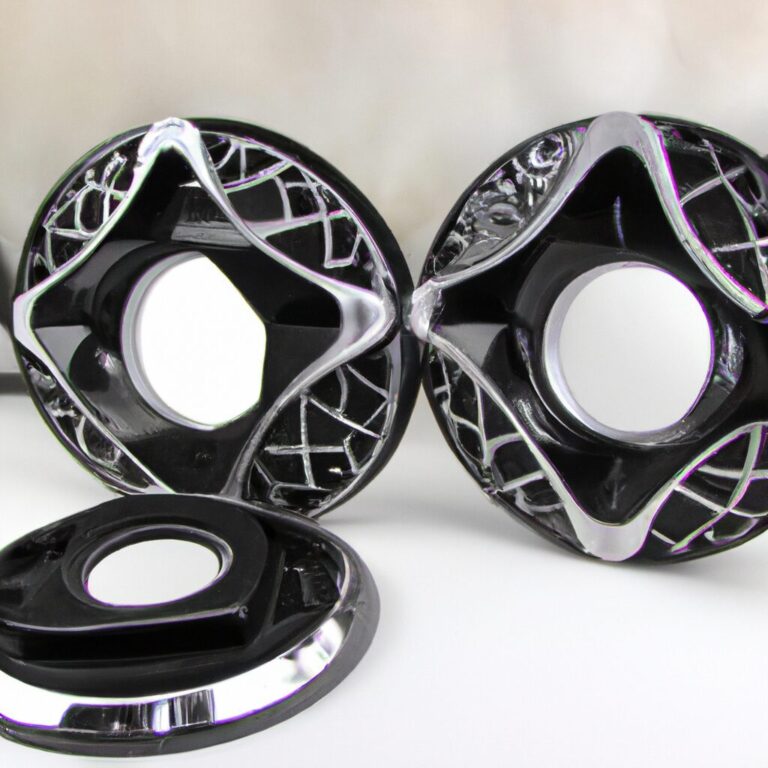How Much Should I Spend on My First Car
When dipping your toes into the world of car ownership, it's essential to strike a balance between your aspirations and financial common sense.
But how do you find that sweet spot where affordability meets your driving dreams without drowning in regret?
Well, let's just say it involves a careful dance between wants and needs, where the stakes are high, and the choices you make now can shape your financial future.
So, before you take the plunge, consider this crucial question: How much should you really spend on your first car?
Key Takeaways
- Allocate 10-15% of monthly income for car expenses.
- Save 10% of car's price for down payment.
- Consider total ownership costs like maintenance and insurance.
- Set a budget range of $10,000 to $25,000 aligned with income and goals.
Factors to Consider Before Setting Budget
When determining how much to spend on your first car, considering key factors before setting your budget is crucial for making a financially sound decision. Your budget should account for not only the initial purchase price of the car but also ongoing expenses such as insurance, maintenance, and fuel. Allocate 10-15% of your monthly income for all car-related costs to ensure affordability.
Whether you opt for a new or used car, calculating a down payment of at least 20% of the total purchase price is advisable. This upfront payment can help lower your monthly loan amount and decrease interest costs in the long run. When securing a loan, aim for a term of 48 months or less to minimize interest expenses.
Before finalizing your budget, evaluate your financial situation thoroughly. Consider your existing debts and overall financial health to determine a realistic amount you can afford to spend on your first car purchase. By factoring in all these elements, you can make a well-informed decision that aligns with your financial goals.
Evaluating Your Financial Situation
Assess your current financial standing carefully to determine a suitable budget for your first car purchase. Evaluating your debts and financial commitments is crucial in establishing a realistic spending plan. Here are essential steps to help you make an informed decision:
- Income Allocation: Dedicate 10-15% of your monthly income towards car-related expenses to ensure affordability.
- Additional Costs: Consider factors like insurance, maintenance, and registration fees when setting your budget to avoid unexpected financial strain.
- Down Payment: Aim to save at least 10% of the car's purchase price as a down payment. This can help lower your monthly payments and overall financial burden.
- Debt Impact: Understand how your existing debts and financial situation influence the amount you can comfortably spend on your first car. Being mindful of these factors will enable you to make a more sound financial decision.
Calculating Total Ownership Costs
To accurately budget for your first car, it's essential to factor in additional costs beyond the purchase price, such as sales tax, registration fees, and documentation fees. In Florida, for example, additional costs for a $30,000 car could total around $2,529.25, including taxes and fees. These expenses vary by state and can significantly impact total ownership costs.
Additionally, allocating funds for maintenance costs is crucial. On average, maintenance costs total about $1,146 annually for a car driven 12,000 miles. Understanding that insurance premiums are a substantial part of total ownership expenses is also important. In the U.S., insurance premiums average around $1,759 per year.
Determining a Realistic Budget Range
When determining a realistic budget range for your first car, it's crucial to consider your financial boundaries. Set clear budgeting essentials by allocating a percentage of your annual income towards the purchase.
Budgeting Essentials
Determining a realistic budget range for your first car purchase is crucial for financial stability and long-term planning. To help you make informed decisions, consider the following budgeting essentials:
- Allocate 10-15% of your income towards the car.
- Aim to spend between $10,000 and $25,000 for a balanced budget.
- Factor in additional costs like insurance, maintenance, and registration fees.
- Calculate a down payment of at least 10-20% of the total purchase price for financial stability.
Setting Financial Boundaries
If you aim to establish solid financial boundaries when considering your first car purchase, start by setting a realistic budget range that aligns with your income and long-term financial goals.
When determining how much you can afford to pay for your first car, consider that experts recommend spending between $10,000 and $25,000. Opting for a used car can be a cost-effective choice within this budget range.
It's crucial to know your financial situation and needs to allocate a suitable budget. Setting a clear budget range not only helps you stay within your means but also prevents overspending and financial strain.
Before you buy your first car, understanding your budget limits is essential for making an informed decision that aligns with your financial well-being.
Exploring New Vs. Used Cars
Considering the pros and cons of new versus used cars can help you make a well-informed decision when purchasing your first vehicle. Here are some key points to keep in mind:
- Depreciation: New cars depreciate faster than used cars, losing about 20-30% of their value in the first year.
- Purchase Price: Used cars offer a lower purchase price, saving buyers money upfront compared to new cars.
- Warranty and Features: New cars come with warranties and the latest features, while used cars may require more maintenance.
- Insurance Cost: Used cars may have a lower insurance cost due to their lower overall value compared to new cars.
Research suggests that buying a slightly used car (1-3 years old) can provide a good balance between price and reliability. When deciding between a new or used car, consider factors such as your budget, long-term maintenance costs, and personal preferences to make the best choice for your first car purchase.
Making an Informed Purchase Decision
To make a well-informed purchase decision for your first car, carefully research different car models, features, and prices that align with your needs and financial capacity. Start by establishing a realistic car budget that includes not only the car's purchase price but also factors in insurance costs, maintenance expenses, and registration fees.
Consider making a down payment of at least 10% of the car's purchase price to potentially secure better loan terms and reduce your monthly payments. Evaluate your existing debts and overall financial capacity to ensure that the car you choose fits comfortably within your budget. Compare various car models to find the best match for your requirements while staying within your financial limits.
Frequently Asked Questions
What Is a Good Budget for a First Car?
When budgeting for a first car, consider affordability, maintenance costs, and reliable brands. Prioritize financial stability by allocating 10-15% of your annual income. You can explore used vs. new options, negotiate prices, and factor in insurance rates for a well-rounded decision.
How Much Should a 17 Year Old Spend on Their First Car?
When buying your first car at 17, aim to spend wisely. Consider safety features, insurance, and maintenance costs. Look for reliable models with good resale value and financing options. Choose based on mileage, fuel efficiency, and customization possibilities.
Is $20,000 a Lot for a First Car?
Spending $20,000 on a first car offers a balance between affordability and quality. You can access reliable new or used cars with best features, manageable maintenance costs, and good resale value. Consider financing options for affordable choices.
How Much Should I Realistically Spend on a Car?
When deciding on a car budget, consider affordable options, budgeting tips, negotiation strategies, financing choices, used vs new cars, maintenance expenses, insurance rates, depreciation, resale value, and hidden fees. Make a well-informed decision to stay financially secure.
Conclusion
As you navigate the world of car shopping, remember that your first car is like a stepping stone to your future financial goals. Just like building a strong foundation for a house, setting a realistic budget for your first car is essential.
By carefully balancing your needs and financial situation, you can pave the way for a successful and stable future on the road ahead. So, choose wisely and drive towards a bright and financially secure future.



